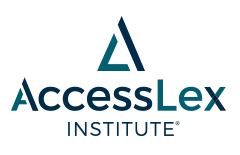Title
Perceptions of Stress and Control in the First Semester of Law School
Document Type
Law Review Article
Publication Date
8-1996
Keywords
health and psychological barriers, bar passage, exam preparation barriers
Abstract
Legal education has been the focus of much criticism. It has been charged with warping personalities, undermining ethical and social values, and fostering cynicism in students. It has been seen as the source of psychological patterns inimical to later ethical practice. Perhaps its most noted criticism is its apparent propensity for inducing psychological distress in law students. One commentator notes: "In a world in which legal work is becoming increasingly diversified and specialized, lawyers have one common bond: law school. Despite curricular experimentation, the law school experience is stubbornly uniform for students at law schools across the country. Regardless of their year of study or the diversity of their class schedules or teachers' styles, law students will still face a process that has a similar effect upon them. Law school is stressful."
The negative effects of law school on the well-being of students are becoming well known and have been shown in a number of different studies. One way to empirically evaluate the relative impact of stressors is to assess their ability to cause helplessness, a condition associated with the experience of uncontrollable stress. Despite its importance in determining the impact of stressors, perceived control has not been assessed as it applies to the stressors experienced by law students. Helplessness is characterized by deficits in motivation mood disturbance, interpersonal insensitivity, and negative physical outcomes such as immunosuppression, all of which are experienced by law students. To study the possible sources of helplessness in law school, fifty-two first-year law students in their eighth and ninth weeks of law school rated sixteen different law school stressors on their perceived stressfulness and controllability.





